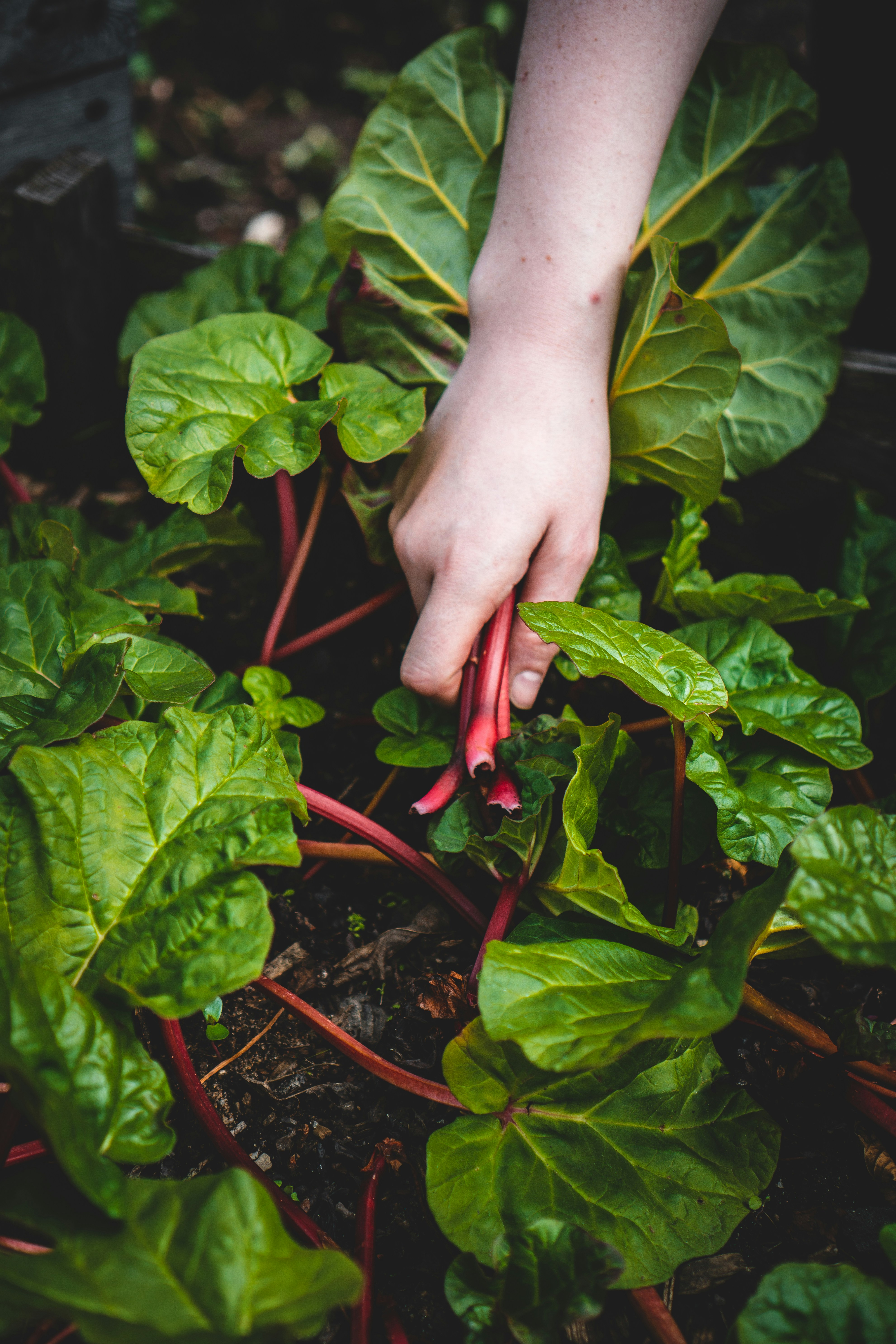The Ripple Effect of Random Acts of Kindness
Published on October 22, 2024
The Ripple Effect of Random Acts of Kindness

In our fast-paced world, it's easy to overlook the profound impact that small gestures can have on our mental well-being and relationships. Random acts of kindness, those spontaneous moments of generosity and compassion, possess a unique power to create positive ripples that extend far beyond the initial action.
The Science Behind Kindness
Research has shown that performing acts of kindness triggers the release of oxytocin, often called the "love hormone," which promotes feelings of warmth and connection. This chemical reaction not only benefits the recipient but also boosts the mood and overall well-being of the giver.
Kindness in Family Dynamics
Within families, random acts of kindness can serve as powerful tools for strengthening bonds and improving communication. Something as simple as leaving an encouraging note for a sibling before a big test or surprising a parent with their favorite snack can create a positive atmosphere that encourages openness and empathy.
The Domino Effect
One of the most fascinating aspects of random acts of kindness is their tendency to inspire a chain reaction. When someone experiences an unexpected act of kindness, they're more likely to pay it forward, creating a ripple effect that can spread through communities and even across generations.
Kindness in the Digital Age
In our increasingly digital world, acts of kindness can take on new forms. A thoughtful comment on a social media post, sharing a friend's achievement, or sending a supportive message to someone going through a tough time can all have significant positive impacts.
Cultivating a Culture of Kindness
To harness the power of random acts of kindness, consider the following ideas:
- Set a daily kindness goal
- Keep a kindness journal to reflect on your experiences
- Involve your family in brainstorming and performing acts of kindness together
- Practice self-kindness to build your capacity for compassion towards others
By integrating random acts of kindness into our daily lives, we can create a more positive and supportive environment for ourselves and those around us. These small actions have the power to transform relationships, boost mental well-being, and contribute to a more compassionate society.
If you're looking for more ways to improve your relationships and mental well-being, consider trying Thinker, an AI-powered tool designed to enhance communication and provide support for individuals and families.


